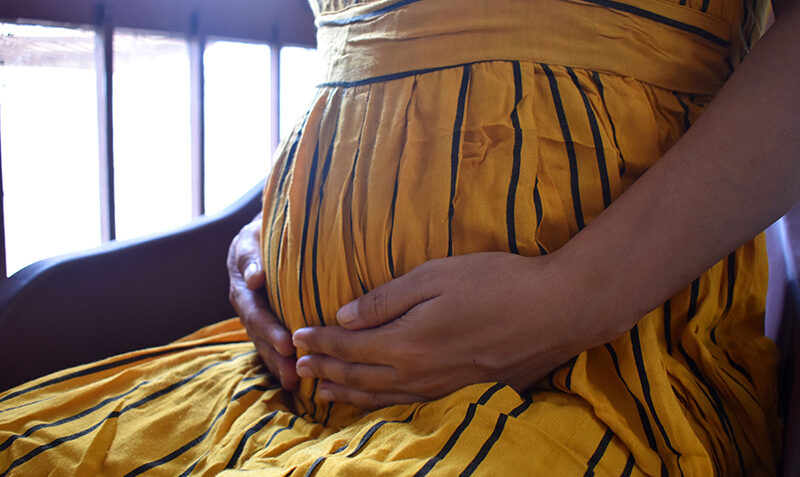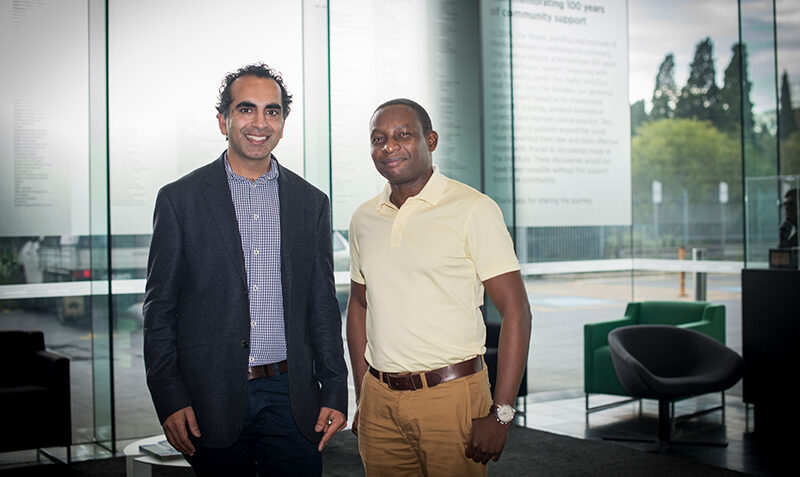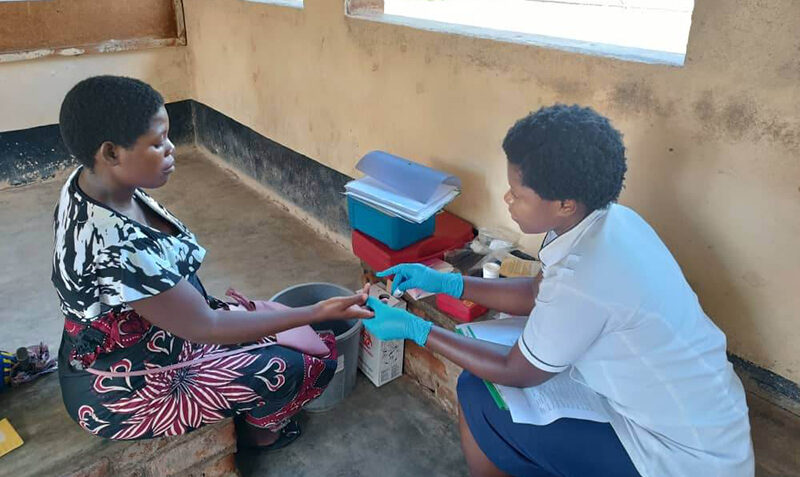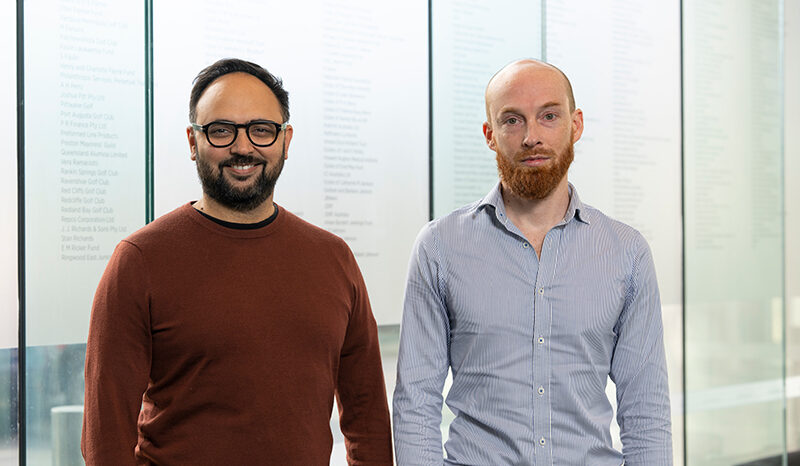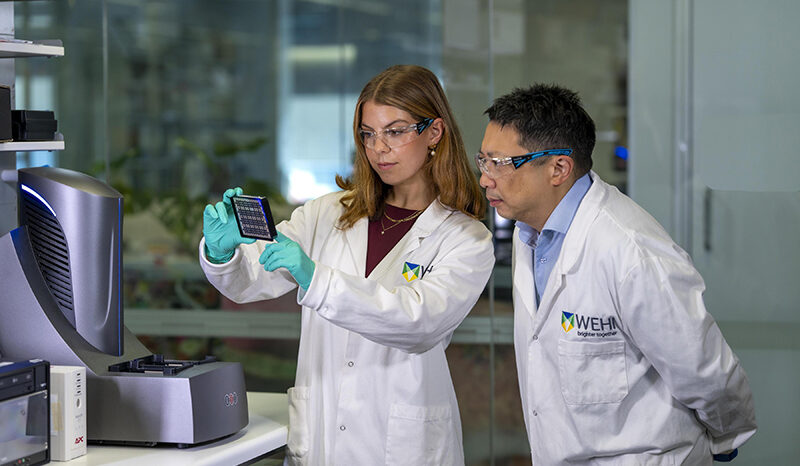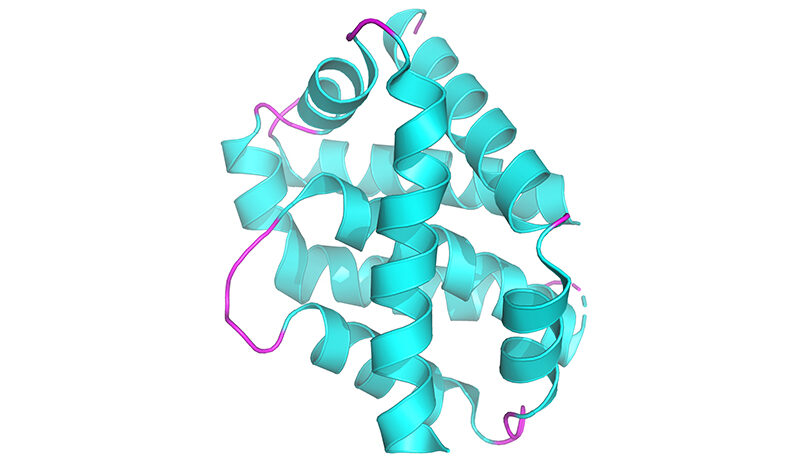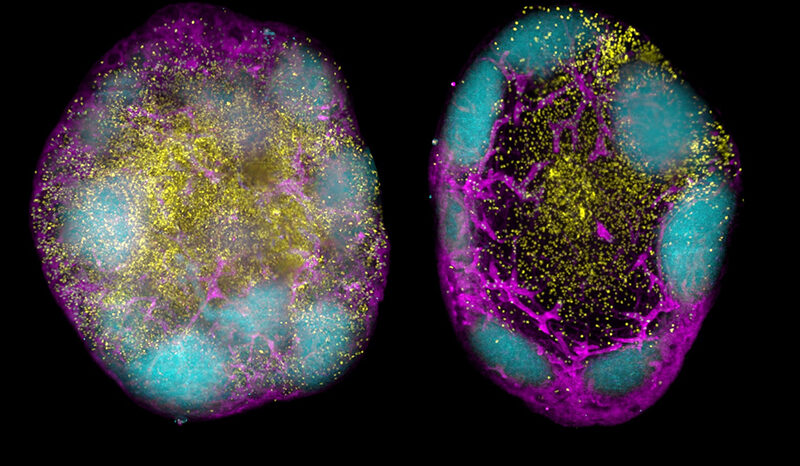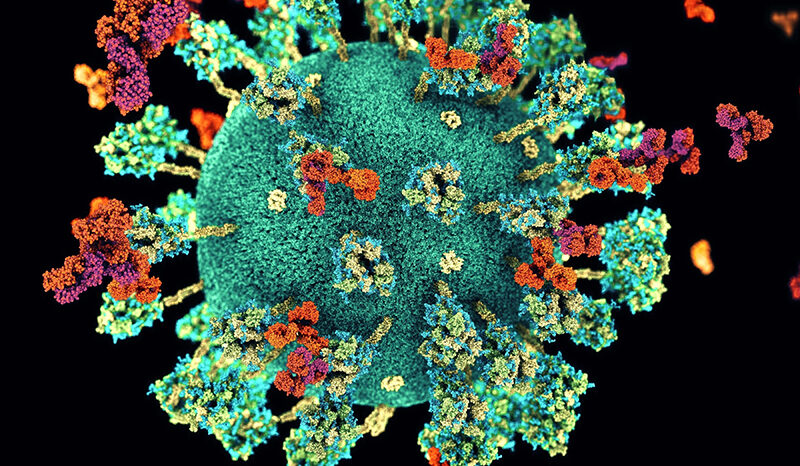Iron deficiency is one of the leading causes of anaemia in pregnancy worldwide.
Globally, around 37% of pregnant women are anaemic – almost 32 million women at any given time. In Australia, anaemia reportedly occurs in 25% of all pregnancies.
Pregnant women with anaemia are at elevated risk of complications, including chronic fatigue, post-partum haemorrhage and stillbirth deliveries.
Anaemic pregnancies can also be risky for the baby, with potential impacts to the development of the placenta, the baby’s brain development and red blood cell formation.
In efforts to reduce iron-deficiency in pregnancy, WEHI researchers worked with scientists at the Training Research Unit of Excellence and Kamuzu University of Health Sciences (Malawi) on an innovative trial comparing the effectiveness of iron infusions to oral iron tablets during late pregnancy.
“While anaemia is one of the most avoidable causes of illness and death in resource-poor nations, any woman across the world can become anaemic during pregnancy, highlighting how this remains a global priority,” co-corresponding author Professor Sant-Rayn Pasricha said.
“We found that a single iron infusion in the third trimester can achieve what oral iron tablets taken every day during a pregnancy cannot.
“This is the first concrete evidence that proves infusions in late pregnancy are the superior treatment for combatting anaemia in expectant mothers, boosting iron levels at a critical time that can ensure both mother and baby are better protected during birth.”



